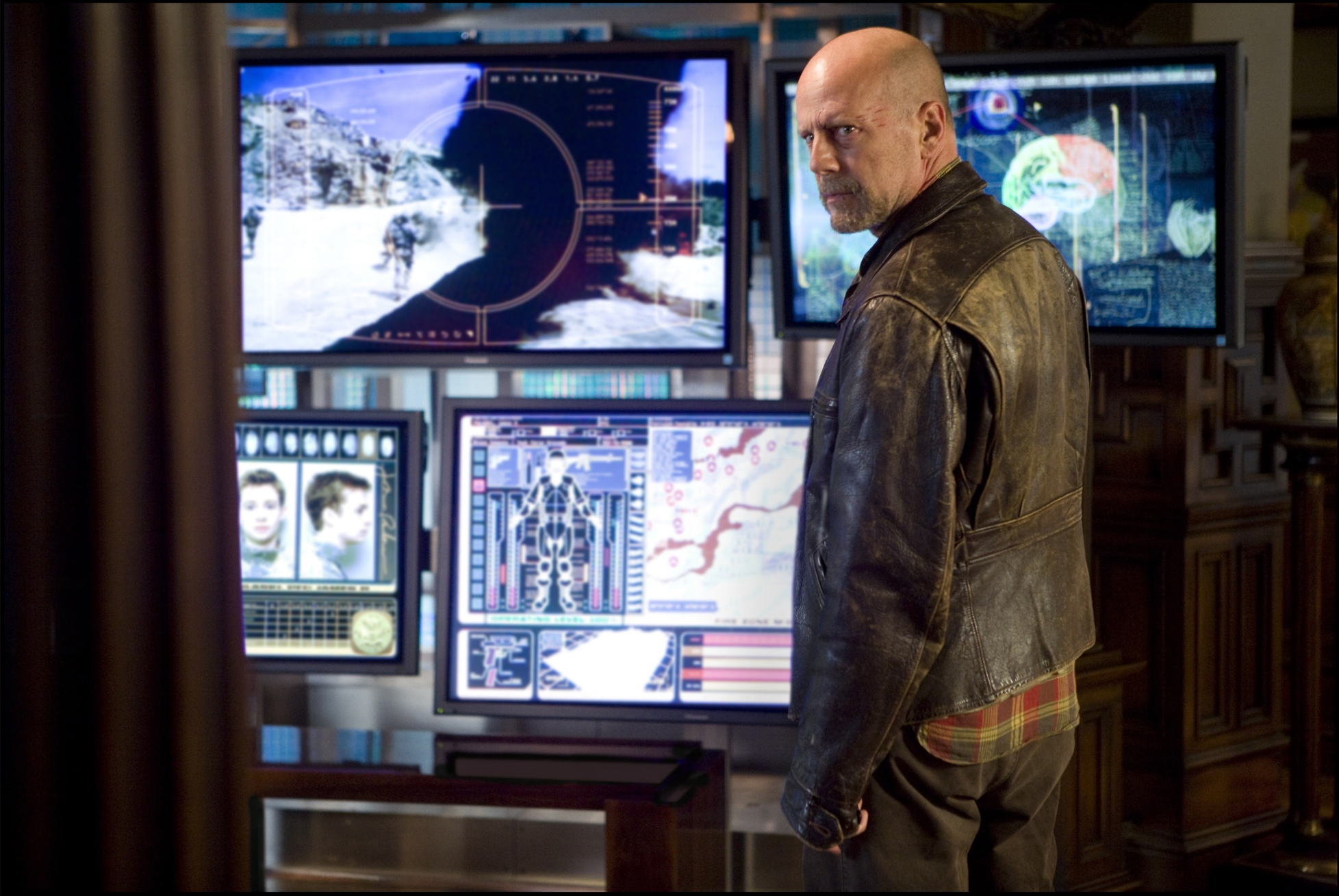After posting a few comments on a Facebook post, I felt like I should better organize my thoughts about the promise and problems of eBooks.

A lot of people have tried out eBooks in the form of a PDF on their PC screen and then wondered what the fuss was about. Often they will proudly proclaim their dedication to paper with that same enthusiasm that people used to be proud of not talking to answering machines twenty years ago. And you can hardly blame them: the experience of reading a PDF on a desktop or laptop surely can't compare to an actual physical book: it's all disadvantages and very little by way of advantage, and what advantages there are, are mostly one-time advantages of little personal impact (like not having to pay postage, or the environmental impact of shipping).
Now, some of the people who are down on eBooks are doing it for all the typical reasons that will turn out to be as relevant ten years from now as were the reasons given ten years ago why people would never stop using card catalogs in the library. Stuff like the smell of the paper, and other bits of nostalgia. I don't mean to diminish the value of those things. But when you weigh the pros and cons today, there might still be uses for card catalogs, and nostalgia might be one of them, but Google isn't going away any time soon, nor should it.
But there are far better reasons to speak against eBooks that even the people who, ten years from now, will swear by them, are citing. And those come basically to the fact that, for many applications, eBooks today still suck. Even the Kindle and its peers, which are miles ahead of the alternatives, are inadequate to some applications. But most people are comparing a printed book to a PDF on a computer screen, and boy howdy but is that an unfair comparison.
First, it's easy to ignore how much of a difference the hardware makes, and assume that a laptop, netbook, or even a desktop computer is the right way to read eBooks. After all, you already have one, and rather than invest a big chunk of change into a device just to try out eBooks, you're going to try it with what you have. But these devices are wholly inadequate.
First, paper books are easy to read in bed, in an easy chair, wherever you need them; any eBook reader that can't be at least as good as a paper book for that is going to hurt.
Second, and this one's particularly easy to overlook, computer screens are optimized, over decades of refinement and evolution, for certain things: high quality animation and color displays, most notably. And in making them great for those things, they've been made truly terrible for eBooks. Sure, the gray-scale of a Kindle feels like a step backwards, but until color electronic-ink displays are cost-effective, even the gray-scale of a Kindle is a thousand times better for extended reading than a computer screen, in ways that you have to experience to really realize what you'd given up. And I don't just mean "on the beach" (though being able to read in bright light is certainly a factor); I mean anywhere.
Third, the interface is very important but is also easy to ignore. A good eBook reader should disappear: it's you and the content, with as little as possible of the device in your conscious notice, just like when you read a paper book you very rarely are thinking more about pages than what's written on them (and then only when something goes wrong). Acrobat Reader on a full-keyboard laptop is far from optimized for being forgotten as you focus on the content. This is distracting in much the same way that constant typos are distracting, and ruin the experience in the same way.
To make matters worse, the most common eBook format right now is still PDFs, which are precisely wrong for it. Web pages were, by design, intended to not fix the presentation in a particular layout but to leave that up to the browser to render in a way that suited the viewing device and the reader's preferences. (Of course, Web design has evolved to the opposite again, where the content developer completely controls the appearance, but that's another topic.) That made web pages great for viewing on any device and any platform but terrible for printing. Thus, PDF was designed as a way to make a document
specifically intended for printing but able to be distributed electronically. And that's why PDFs aren't just bad for reading on the screen, they're that way
by design. Adobe has tweaked the format somewhat since to mitigate that, but it's at best a compromise; PDFs still unavoidably reflect their roots as something intended for paper.
And that brings us to one of the oddities of eBooks as they've existed before now, and still exist now. By and large, many potential eBook customers are still thinking in terms of the form factor of the printed page, the 8½" by 11" of reference materials, the 4.33" by 7.01" of paperbacks, etc. There's no real reason why eBooks should have to conform to standard sizes that are used in the printing industry (and it's even funnier when you consider why those sizes are still our standards based on the history of printing from centuries ago). They're done in those sizes now partially because of the use of PDFs but mostly because publishers are not really making eBooks, they're just cramming the content they already have, with minimal effort, into another sales channel.
Which is what always happens when a technology is new: the first uses don't explore its promise at all but are just migrations of the previous stuff to the new format, which tend to only point out the weaknesses of the new format without exploring its strengths. Consider how the first films were basically stage plays in front of a camera, which doesn't feel half as good as sitting in front of a stage; the camera takes away a lot from the theater experience and adds virtually nothing, until a few years pass and people start finding ways to use the camera for its own abilities, and nowadays you would never imagine that filmmaking wasn't its own art with its own possibilities.
This is a common theme for futurists: the first version of each technology is hampered by these two problems. The first content or experience is just other stuff shoehorned into it, so it doesn't show the promise. And the first devices are riddled with problems. The real trick is to figure out if the technology will still be able to succeed, and change the world. Are those problems solvable in the next generations of the technology? Is there a way content can be created specifically to suit the new medium so it plays to its strengths instead of its weaknesses? And most importantly, will enough people be able to make enough money doing it to rise over the development costs and the inertia of the consumer market, and make it work?
I think eBooks are a shining example of where the answers to those things are all a very clear "yes". The eBook devices are already miles beyond what they were two years ago, and as electronic ink displays improve (which they will quickly as they get into more demand), batteries improve, and the wireless networks expand to everywhere and converge, the problems they have will disappear. More devices with different form factors are already appearing to suit both the reading-in-bed and the studying/reference markets, and eventually those will converge into a single device that folds out to the size you need for that book, the way today's cell phones already flip between portrait and landscape.
There's tons of money to be made in both hardware and content, and while the "shove what we have at them" approach to content is not showing much of the promise, it is doing enough to get momentum going. Enough books that are readable on the Kindle and its peers means enough Kindles out there to make publishers start making other books readable on them, by using the technology instead of just running files through converter programs.
I'm not saying there aren't problems that aren't yet solved. The biggest one of course is the thorny issue of DRM. The whole market will collapse like a flan in Eddie Izzard's cupboard if the content providers can't find a way to provide content without trivially-easy piracy undermining them completely. But if they do it through onerous DRM that makes people fear they can't keep the things they paid for or forces them to struggle to get their own content to work, they'll turn people off. That's a problem that is much bigger than eBooks: it's the central unsolved dilemma of the Information Age, and eBooks are a tiny corner of its scope. And there are other problems to be addressed.
But I think you can readily see the promise of full text searches across multiple volumes, the possibility of backing up content so you need never lose it to physical damage, the portability of entire libraries of reference materials or texts in a few ounces, the reduction of the costs and environmental impact of making paper and then moving it in trucks back and forth across the world just to transmit ideas and expressions, and eventually, the simple comfort of a book that's lighter and easier to read than that text with its half-broken spine and hard cover. I have no doubt that eBooks will be as much a part of everyday life in ten years, as Google or cell phones (both talked down in their early days) are today.
 Long after Bob and all his friends were Internet-savvy, Bob had given up on his grandmother ever buying a computer, let alone sending texts, signing up on Facebook, or downloading video. She still needed him to come over to reset her VCR and record her answering machine message, after all.
Long after Bob and all his friends were Internet-savvy, Bob had given up on his grandmother ever buying a computer, let alone sending texts, signing up on Facebook, or downloading video. She still needed him to come over to reset her VCR and record her answering machine message, after all.



















 ) is the ratio of a circle's circumference to its diameter. It is thus a fundamental constant of the universe, and yet, the specific number we use is an arbitrary choice. It would, for instance, be just as valid if we'd defined
) is the ratio of a circle's circumference to its diameter. It is thus a fundamental constant of the universe, and yet, the specific number we use is an arbitrary choice. It would, for instance, be just as valid if we'd defined 








 RealTime and RTC
RealTime and RTC Prism
Prism Uncreated
Uncreated Bloodweavers
Bloodweavers Foulspawner's Legacy
Foulspawner's Legacy Lusternia
Lusternia